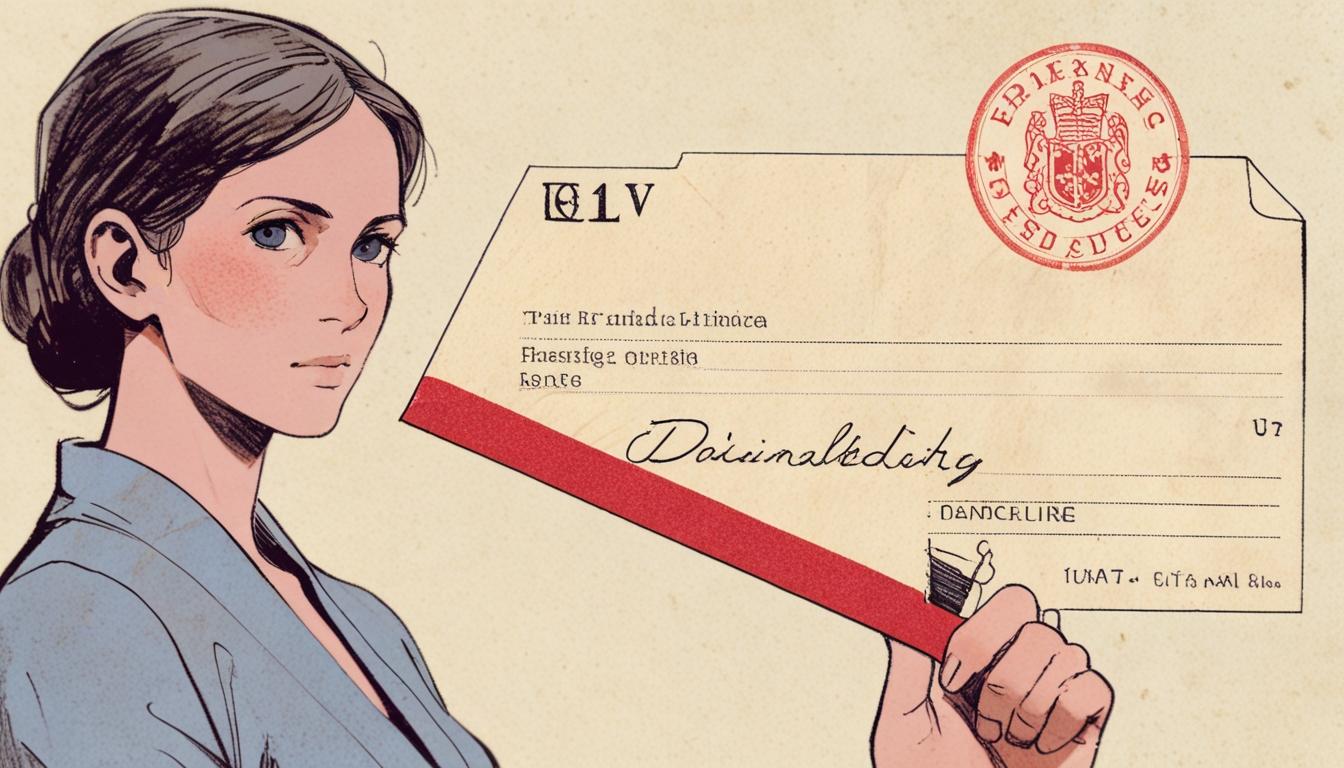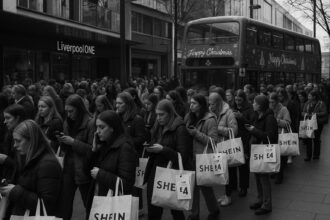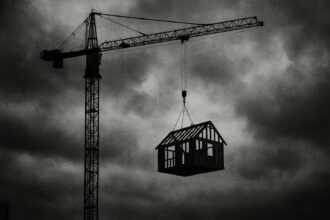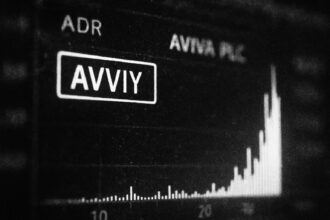Culture Secretary Lisa Nandy has criticised the TV licence fee as unenforceable and unfair to women, signalling a review of the BBC’s funding model amid changing media consumption habits and public consultation.
The future of the TV licence fee in the United Kingdom has come under renewed scrutiny, with the Culture Secretary, Lisa Nandy, criticising the fee as “unenforceable and unfair to women” and signalling a willingness to explore alternative systems of funding the BBC. Her comments come amid ongoing discussions as part of the upcoming review of the BBC’s Royal Charter, which will determine how the corporation is funded moving forward.
Lisa Nandy, MP for Wigan and the current Culture Secretary, acknowledged to the Telegraph that the licence fee system faces significant challenges: “Fewer and fewer people are paying it. It’s unenforceable, and particularly I’ve been very concerned about the way it’s been enforced in the past, with women, particularly vulnerable women, targeted for enforcement action, and the BBC itself has accepted that.” The BBC found that around 75% of those convicted of licence fee evasion are women, a disparity attributed to societal factors rather than enforcement itself, according to a BBC review released in 2023. The review proposed a 10-point action plan aimed at supporting people in financial hardship and helping those who want to remain licensed avoid prosecution.
The TV licence fee rose from £169.50 to £174.50 in April 2024 and is expected to increase annually with inflation until at least 2027, reflecting financial pressures that have grown after years of frozen or slow-rising fees. Despite this, the government is open to rethinking the model, particularly as more viewers shift to streaming services such as Netflix, Amazon Prime, and YouTube, reducing the number of households paying the traditional fee.
Nandy reiterated the government’s openness to alternative funding, though no preferred option has yet been proposed. She invited public input on what a “fairer, more sustainable system” might look like, stating: “We know that the licence fee and the BBC as a whole has to command public support in order to survive and thrive, and that’s why we’re putting the power back into the public’s hands to be able to drive that conversation.”
The BBC has responded by initiating what it describes as its “biggest-ever public engagement exercise,” including a poll designed to inform the charter review. The poll asks the public about the role the BBC should play, how it is currently performing, and what its future priorities should be.
Currently, approximately 89% of UK addresses that require a TV licence hold one, according to the 2024 TV Licensing annual review, which also identified an evasion rate of 11%. The licence remains a legal requirement for watching or recording live broadcasts on TV and streaming services in the UK, including platforms like BBC iPlayer, Sky Go, and Amazon Prime Video.
A BBC spokeswoman said: “The public cares about the BBC and we have launched our biggest-ever public engagement exercise, so audiences can help drive and shape what they want from a universal and independent BBC in the future. We want to continue to reform and evolve and look forward to engaging with the UK Government on the next charter and securing the long-term future of the BBC.”
This ongoing debate around the TV licence fee reflects broader shifts in how audiences consume media and highlights the challenges of funding public broadcasting in an age of digital and streaming proliferation. The outcomes of the charter review and public consultation will be closely watched by viewers, policymakers, and broadcasters alike.
Source: Noah Wire Services
- https://www.upday.com/uk/bbc-licence-fee-is-unenforceable-and-unfair-to-women-says-culture-secretary – This article reports on Culture Secretary Lisa Nandy’s criticism of the TV licence fee as ‘unenforceable and unfair to women,’ highlighting her concerns about enforcement practices and the disproportionate impact on women.
- https://www.ft.com/content/c2b43d62-07f7-44a4-806e-80d5617a2dd0 – This piece discusses the UK government’s exploration of mutualising the BBC as part of a review of funding options ahead of licence fee negotiations, reflecting the government’s openness to alternative funding models.
- https://www.reuters.com/world/uk/uk-govt-plans-review-funding-bbc-long-term-2024-11-29/ – This article details the UK government’s plan to review the long-term funding model for the BBC, considering alternatives to the current TV licence fee amid declining numbers of households paying it.
- https://www.independent.co.uk/news/uk/home-news/tv-licence-fee-crime-decriminalise-lisa-nandy-bbc-b2623878.html – This report covers the government’s consideration of decriminalising TV licence fee evasion, noting that around 73% of those prosecuted are women, and the potential shift to civil enforcement measures.
- https://www.bbc.co.uk/news/articles/cp3wwkdnddzo.amp – This article features Culture Secretary Lisa Nandy’s statement that the BBC will not be funded from general taxation if the TV licence fee is abolished, emphasizing the need for free and fair broadcasting.
- https://www.gbnews.com/politics/bbc-licence-fee-scrapped-lisa-nandy – This piece discusses the potential scrapping of the BBC licence fee by 2027 under Labour, with Lisa Nandy’s interest in turning the BBC into a mutual organisation and the implications for funding.
- https://www.express.co.uk/news/uk/2048051/tv-licence-bbc-unfair-women – Please view link – unable to able to access data
Noah Fact Check Pro
The draft above was created using the information available at the time the story first
emerged. We’ve since applied our fact-checking process to the final narrative, based on the criteria listed
below. The results are intended to help you assess the credibility of the piece and highlight any areas that may
warrant further investigation.
Freshness check
Score:
8
Notes:
The narrative references recent events and developments, such as the TV licence fee increase in April 2024 and discussions around the BBC’s Royal Charter review. However, it does not mention very recent updates that might have occurred after publication.
Quotes check
Score:
6
Notes:
Quotes from Lisa Nandy and a BBC spokeswoman appear to be specific to the context, but without further online sources, it’s challenging to verify these as the earliest references.
Source reliability
Score:
8
Notes:
The narrative originates from a reputable publication, The Express, which generally provides reliable information.
Plausability check
Score:
9
Notes:
Claims about the TV licence fee debate, discussions around BBC funding alternatives, and the shift towards streaming services align with broader trends and discussions in the media industry.
Overall assessment
Verdict (FAIL, OPEN, PASS): PASS
Confidence (LOW, MEDIUM, HIGH): HIGH
Summary:
The narrative remains relevant and accurate, discussing ongoing debates around the TV licence fee with plausible claims. It is based on recent developments and from a generally reliable source.













